Taboo refers to forbidden activities or behaviors that go against social approval and are restricted by societal norms. These prohibitions are deeply embedded in the social and cultural aspects of life, serving as complete restrictions on saying or doing certain things. Manipur is known to have thousands of taboos, which have contributed to the people being regarded as highly civilized since ancient times. These taboos also play a vital role in preserving culture and traditions.
In this article, we will delve into some of the taboos in Manipur, focusing particularly on those of the Meetei tribes. Manipur is home to around 34 tribes, each of which has its distinct set of taboos, which we will explore in greater detail in subsequent articles.
Social and religious activities in Manipuri society are not only based on supernatural beliefs and universal principles but also adhere to ethical codes of conduct. These activities are regulated by social restraints imbued with a kind of socio-religious sanctity. Since the human mind and actions are difficult to control, these restraints are given a religious framework. This leads to the belief in a supernatural force that oversees human behavior, with the understanding that those who break the rules are punished by divine powers. These socio-religious restraints manifest in society as “taboos.”
In Manipur, taboos are categorized into two main types: cultural taboos (actions that are prohibited) and linguistic taboos (words that should not be said). The Meetei people strive for the ideal form of society by removing even minor flaws through the substitution of slang-like expressions with refined language. For the Meetei, taboos are not seen as burdens but as blessings. Without these restrictions, society could devolve into chaos, insecurity, or barbarism. Taboos contribute directly or indirectly to maintaining social order, peace, and harmony. They also form the foundation of morality, ethics, and character-building, essential for the advancement of civilization.
Origins and Examples of Meetei Taboos
The Meetei tribes inherited taboos from their forefathers, teaching them what should be done and what should be avoided. Over time, these customs solidified into societal taboos. Some taboos also originated from fear. For example, intermarriage within the same Yek (clan) is considered taboo, possibly stemming from concerns about power struggles or threats to the dominant king’s authority. Historical instances reveal that Meetei kings instituted various taboos for their own benefit.
During Maharaja Churachand Singh’s reign, women were forbidden to untie their hair or use umbrellas in his presence. Such rules were established to reinforce social hierarchies and royal authority.
The menstrual period of women is considered inauspicious among the Meetei. During this time, women are regarded as untouchable, and physical intimacy is strictly prohibited. On the fifth day, they are required to take a cleansing bath, including washing their hair, before resuming their normal activities. Women are also restricted from consuming certain foods, particularly those that are bitter or sour. Similarly, social contact with women during childbirth is a cultural taboo. New mothers are kept in seclusion for 12 days, a period known as Yum Mangba, which is considered inauspicious. During this time, no puja (worship) can be performed, except on the sixth day following childbirth.
Husbands are also subject to certain taboos during their wife’s pregnancy. Hunting and acts of violence are prohibited, and sharing a bed with the wife during advanced pregnancy stages is discouraged.
Religious and Cultural Practices
The advent of Hinduism introduced additional taboos into Manipuri society. For instance, pregnant women are advised not to view Hindu deities, such as Lord Jagannath or Goddess Kali, to avoid feelings of fear that could impact their unborn child. Consuming phaibok (twin fruits or vegetables) is discouraged due to the belief that it could lead to twin births. Similarly, sharing the same plate between husband and wife is culturally taboo, as is touching or using a Phanek (traditional cloth) belonging to women other than one’s mother. Such actions are believed to bring bad omens to society.
Some taboos are clan-specific. For example, members of the Angom clan avoid consuming white pumpkin (Mairen Angouba), while the Mangang clan refrains from eating eel-like fish (Ngaril). These restrictions are attributed to health concerns, such as allergies or immune reactions.
Natural phenomena also hold cultural significance. During earthquakes (Yuhar haba), people chant “chak-nga” (rice-fish), symbolizing their plea for basic sustenance. Such practices underscore the cultural emphasis on survival essentials.
Superstitions and Folk Practices
Taboos often extend into supernatural beliefs. Potsem Jadoo (Black Art) is a traditional practice aimed at harming enemies or curing ailments through rituals involving goblins and spirits. The Nong Kouba ceremony is another ritual believed to invoke rain during droughts, showcasing the community’s reliance on spiritual interventions.
Breaking an oath is considered a grave offense among the Meetei. Unfulfilled oaths, known as washak namungba, are feared for their potential consequences.
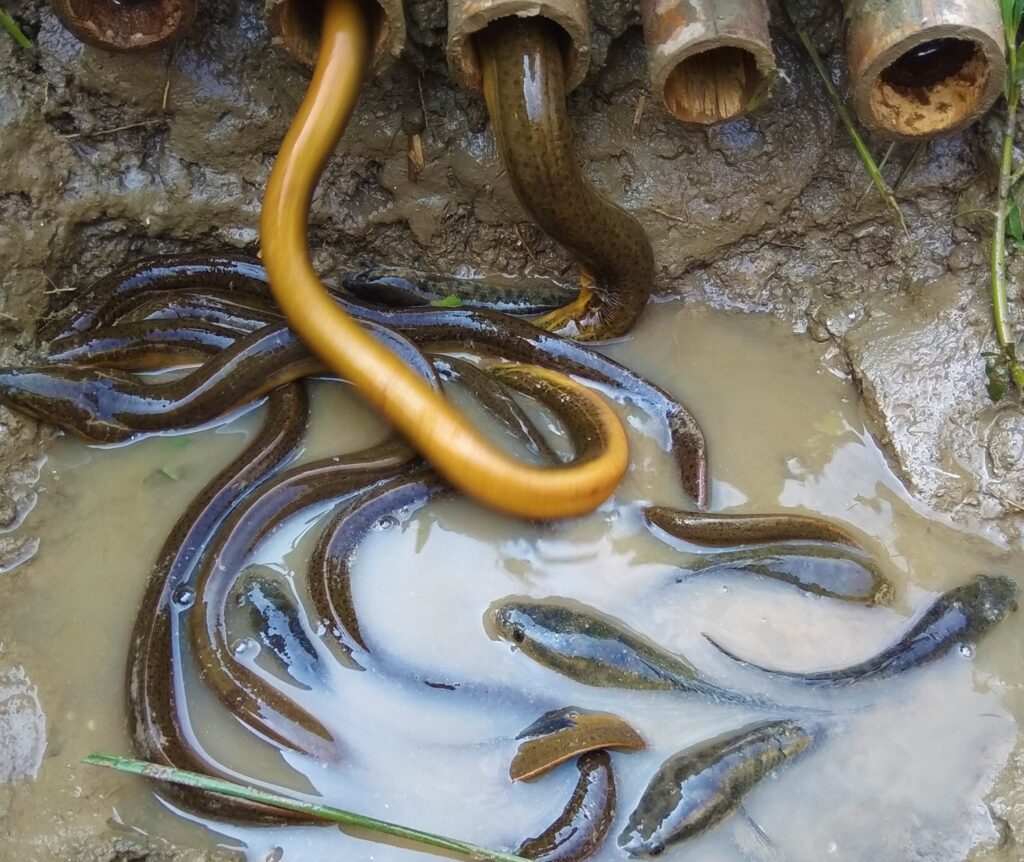
The Meetei observe a unique custom on the first and last Saturdays of the Lamta lunar month (February-March), known as Ngaprum Machum Lujaba. On these days, it is customary to catch eels, which are then placed in bathing buckets. The water, infused with the eels, is used during bathing as a symbolic act. This ritual represents escaping the grip of death, akin to the slippery nature of eels eluding capture.
Certain activities are also restricted on specific days of the week. The Meeteis abstain from cutting bamboo on Tuesdays, Thursdays, and Saturdays. Similarly, cutting hair or nails is prohibited on these days, as well as on the day of the week corresponding to one’s birth. These restrictions reflect a deep adherence to traditional practices and beliefs.
In daily interactions, linguistic taboos are observed meticulously. For example, when embarking on a journey or mission, the phrase “Ei Chatle” (I am going) is avoided due to its association with departing for the afterlife. Instead, “Ei Chatlukhige” is used to convey the same intent. Additionally, at the time of departure, the word “Houdong” (cat) is considered an ill omen and is replaced with “Yumleima” (lady of the house). Similarly, at night, references to “Kei” (tiger) are avoided out of fear it may summon a tiger from the jungle. To mitigate this, the term “Ibudhou” (grandfather) is used as a safer alternative.
These examples of taboos in Manipur, especially among the Meetei tribes, demonstrate how societal norms influence language and behavior. The constant evolution of language to replace tabooed words with more acceptable alternatives not only reinforces social harmony but also enriches the linguistic and literary fabric of the community. Through this process, beautiful and refined expressions emerge, contributing to the cultural wealth of society.
Impact of Taboos
Taboos in Manipur, particularly among the Meetei tribes, reveal the intricate relationship between societal norms, cultural practices, and linguistic adaptations. They enrich the community’s moral framework while contributing new words and expressions to the region’s literary heritage. By adhering to taboos, the Meetei maintain harmony within their society, ensuring the preservation of their cultural identity.
(C) Naorem Mohen
The Writer can be reached at Twitter @laimacha
Editor | Signpost News

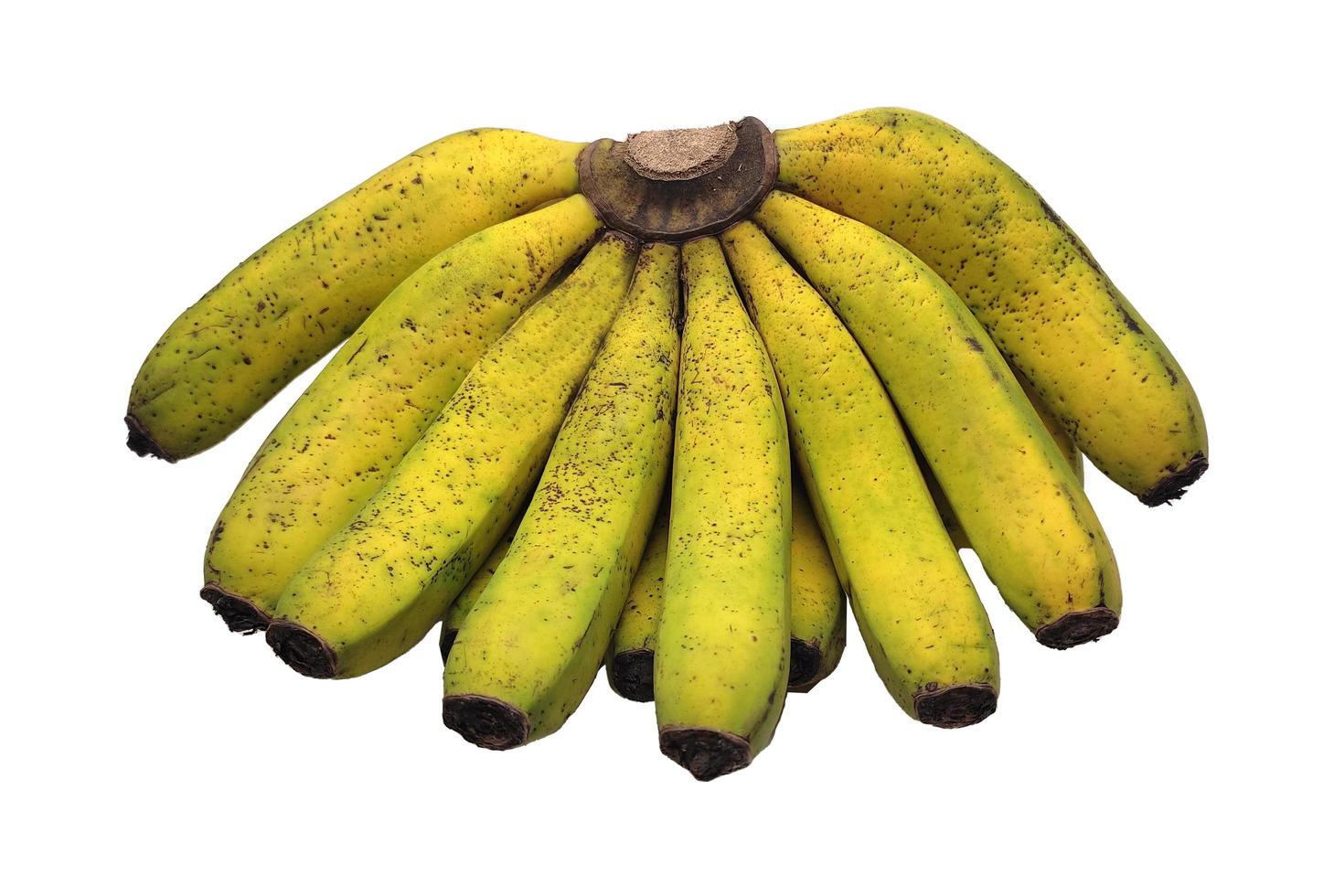


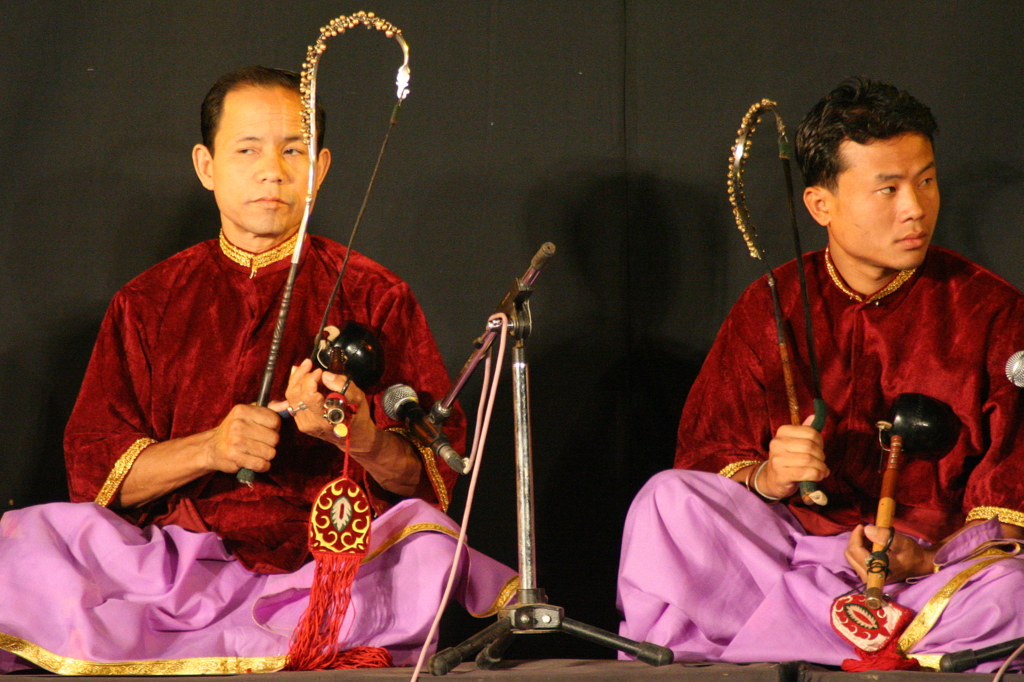
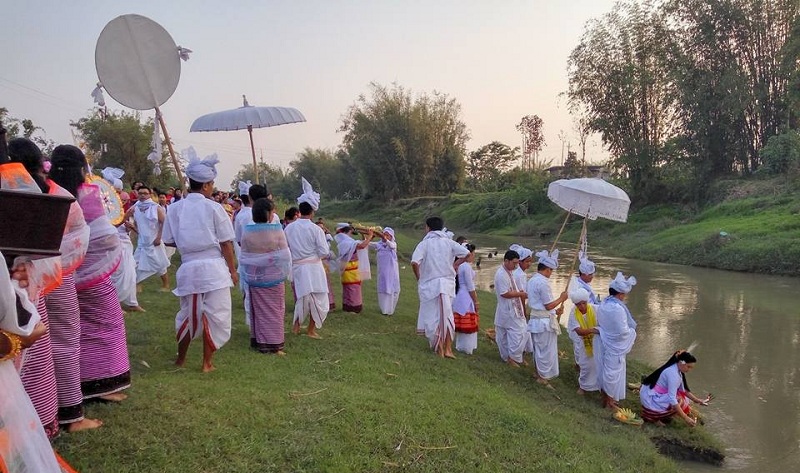

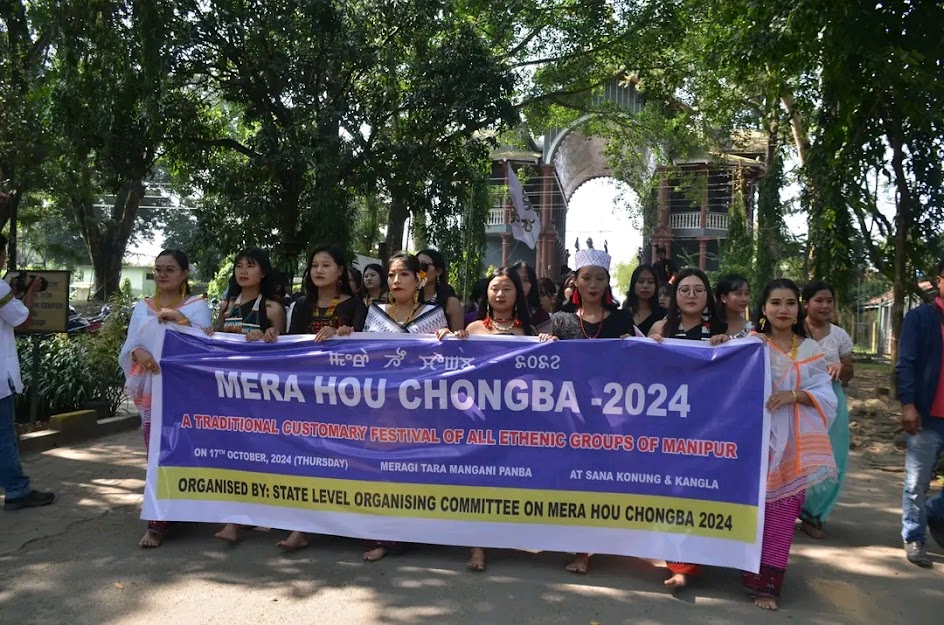
Please work on Improving your basic English grammar and vocabulary structure. You sound like a 10 year old child trying to write a short story on ghosts and twin bananas and people supposedly playing dolls.